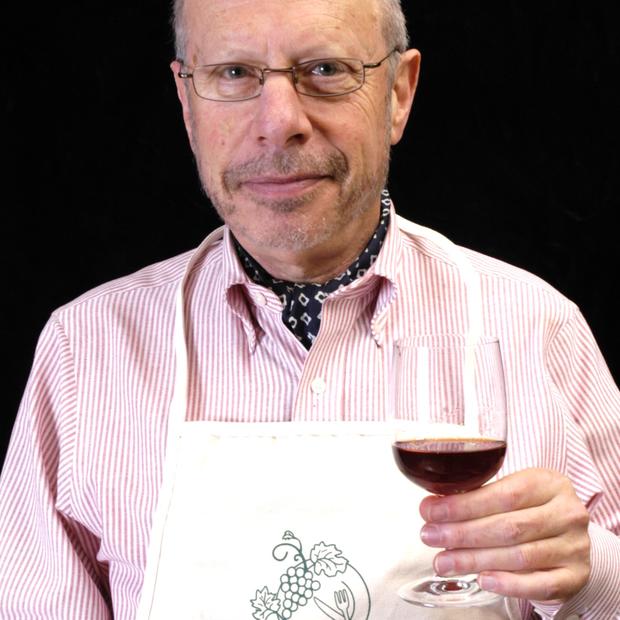The American steakhouse — that dimly lit, mahogany-paneled, mafia-chic hideout for fat cats, gangsters and their trophy molls — you'd think it would never fly in laid-back, egalitarian Seattle. You'd be wrong. And there's a better reason than ever to indulge: a $100 plate of meat &mdash Japanese beef known as Ohmigyu — at the venerable Metropolitan Grill.
The steakhouse business, unlike the product, is tough, especially at the top end, where clubby local institutions, like El Gaucho and The Met in Seattle or the Ringside in Portland, used to dominate the market. Stiff drinks, big steaks and a discreet maitre d' were enough, back then, to draw politicos, celebrities and gawkers.
In downtown Seattle, one chain has closed (Fleming's) and another opened (Capital Grille, by the same owners as Olive Garden). A couple of chains are prospering (Ruth's Chris, Morton's) but the favorites are locally owned stand-alones: El Gaucho, Daniel's Broiler, the Brooklyn, Jak's, the Metropolitan.
The Wall Street Journal has a feature with floor plans of "power tables" at restaurants frequented by business celebrities, a surprising number of them steakhouses. Airline magazines and business journals regularly run "where to eat" suggestions that highlight beef emporiums. The steakhouses themselves advertise "top 10" lists showing how they stack up against competitors. Expense account entertainment dominates. Italian food might be too downmarket, French too sissified, seafood too iffy, leaving the steakhouse as a safe (and showy) bet. A bewildering menu, in terms of cuts, but often with helpful displays near the door, of Certified Angus and Kobe, of New York strip, porterhouse, tenderloin and chateaubriand for two carved tableside.
By now, we also know about Wagyu, literally "Japanese beef." Not to put too fine a point on it, there's an American wagyu as well. Coddled cattle, well-fed, well-housed, regularly massaged, soothed by classical music, and as pampered as lapdogs.
Comes now a third Gyu, a subset of Wagyu, raised by farmers in the ancient Omi region, the modern-day Shiga prefecture on Honshu island 300 miles southwest of Tokyo. This is the site of Lake Biwa, Japan's largest, whose mineral-rich waters nourish the cattle. Only six head a month from two particularly conscientious ranches, Sawai and Takara, are licensed for export. Only boneless meat that meets the Japanese A5 standard for color and marbling is imported, to be served by half a dozen top steakhouses in the U.S. In the Pacific Northwest, only one: The Met.
Which brings us to executive chef Eric Hellner, a 21-year-veteran of Consolidated Restaurants, now on his third stint at the Met. He seasons the 6-ounce ohmigyu tenderloin with salt and pepper, then sears it on a cast-iron griddle (rather than grilling it over mesquite). Rather than throwing the meat into a 400-degree holding oven, Hellner brings its internal temperature up slowly, in a warm place, to keep the fat unctuous. Served with a drizzle of veal demi-glace and a few yukon gold potatoes poached in garlic butter, it's $100. Salad and sides extra. (You can also get raw Ohmi as a carpaccio appetizer for $20.) It's a lot of money, especially given today's tough economy. But don't listen to people who say it's not worth it. The best steakhouse meat is never cheap.
Thanks to elevated glutamate levels, not to mention inosinic and oleic acids, Ohmi provides an umami experience like no other. It's like cutting into a perfectly seared lobe of foie gras, redolent of meaty char, rich blood, and exquisite liver. If you pay attention to taste, you will remember this for the rest of your life.


